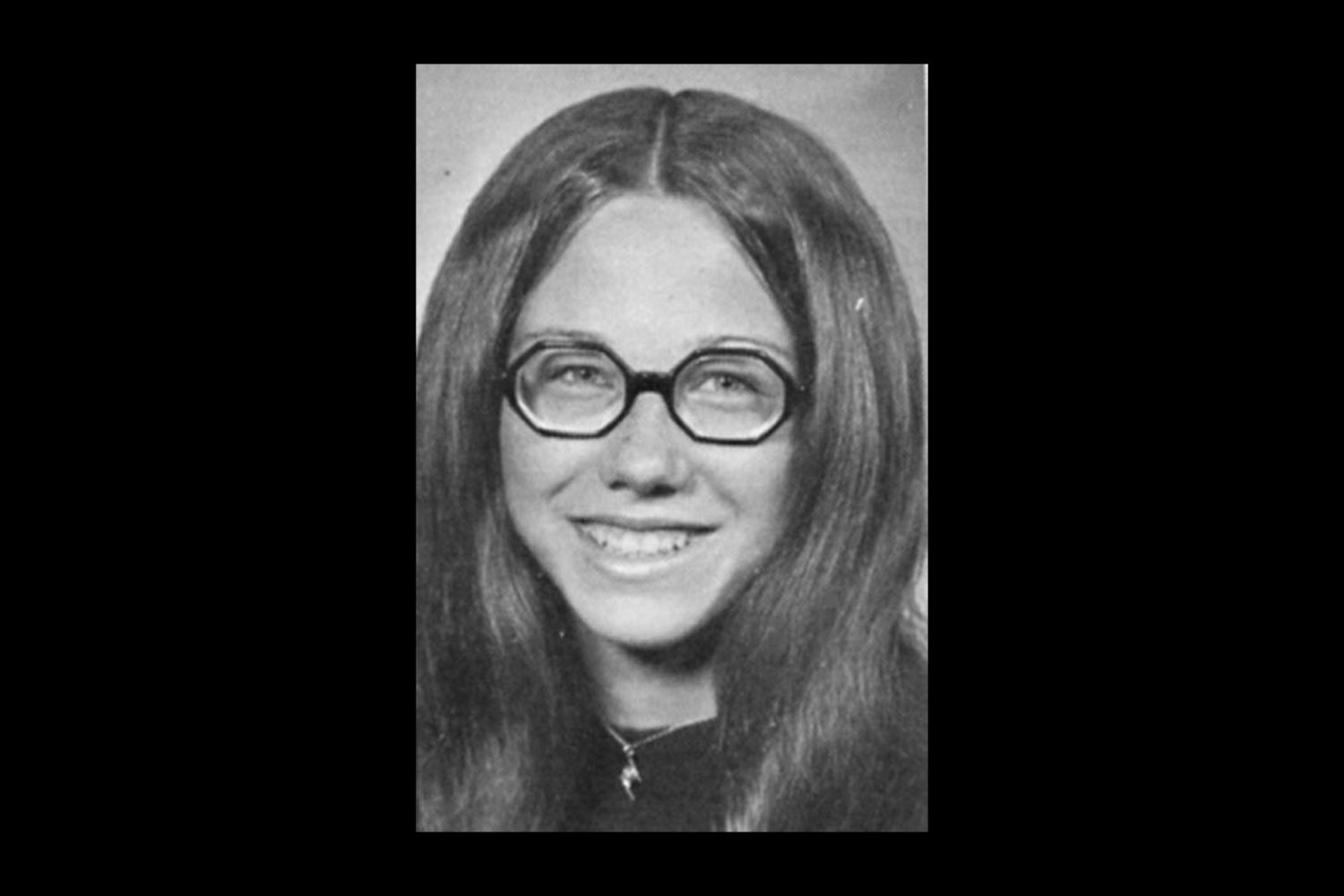On December 18, 1990, Dixon city treasurer Rita Crundwell walked into a bank and opened an account with the bureaucratic name, “Reserve Sewer Capital Development.” Over the next 21 years, Crundwell would deposit $53 million in public funds into this account, using the money to buy, raise, and show champion quarter horses.
Episode 2 of Crooked City‘s Dixon podcast could be titled “Educating Rita,” because it explores Crundwell’s childhood, seeking the motivations that led her to become the most prolific public embezzler in American history.
“Her horses were her life,” says farmer Dave Buck, who met Crundwell in the 4-H Club. “She loved horses since she was probably 3 years old, 5 years old. Rita showed horses at the 4-H Fair. She’d win a lot. She always had good horses.”
Crundwell’s father died when she was 14 years old. The Crundwell family was never wealthy, but its means became even more straightened after the loss of its main breadwinner. And perhaps, speculates narrator Alexa Burke, perhaps Rita developed an envy of those who had more — an envy that was at the root of her later crimes. In 1973, when Rita was 20, she entered the Amboy Rodeo Queen pageant, and placed second runner-up. After the competition, Rita visited the winner’s house.
“I wonder,” Burke ruminates, “when Rita was at Pam’s house, if she wandered around, admiring the nice house in the city: ‘Pam is an only child; she has this all to herself.’ And maybe Rita found herself in the room filled with ribbons and trophies and photos. What beautiful horses. And she gets to compete all over the country? Not fair!”
Did Rita actually think that? We’ll never know. She didn’t give an interview to Crooked City, or to anyone. I’m not familiar with the conventions of podcasting vis a vis traditional journalism, but perhaps when podcasters can’t get an answer to a question, they guess.
Related Content
By the early 1990s, a few years after Crundwell opened her secret account, Dixon officials were beginning to notice that the town was short of money — although they didn’t yet know why. Burke has an actor read from City Council finance commissioner Roy Bridgman’s remarks throughout those years. In 1993: “The deficit is $414,533. If we can’t cut equipment and supplies, then that leaves employees, and I don’t want to get to that point.” In 2001: “Mayor Burke, please review your budget for future cuts, and all departments please give your cuts to Rita Crundwell by noon on Monday.” In 2010: “The city’s working cash is almost down to zero, and there was a lot of juggling of funds to meet payroll. Drastic cuts are needed. Otherwise, employees will be laid off. All cuts should be turned into Rita as soon as possible.”
By 2011, Dixon was $31 million in debt. That year, mayoral candidate Bob Gibler examined the city’s books, finding that property tax receipts and sales tax receipts were going up, but Dixon was still going broke. Gibler gave the books to an accountant, who told him, “Money’s being moved around, but it doesn’t show where it’s being spent.”
Gibler lost the election. Roy Bridgman was defeated, too. Before leaving office, Bridgman praised Crundwell as “a big asset to the city; she looks after every tax dollar as if it were her own.”
“He said, ‘Rita handles every dollar as if it were her own,'” Gibler cracks. “That was true, because it was!”



